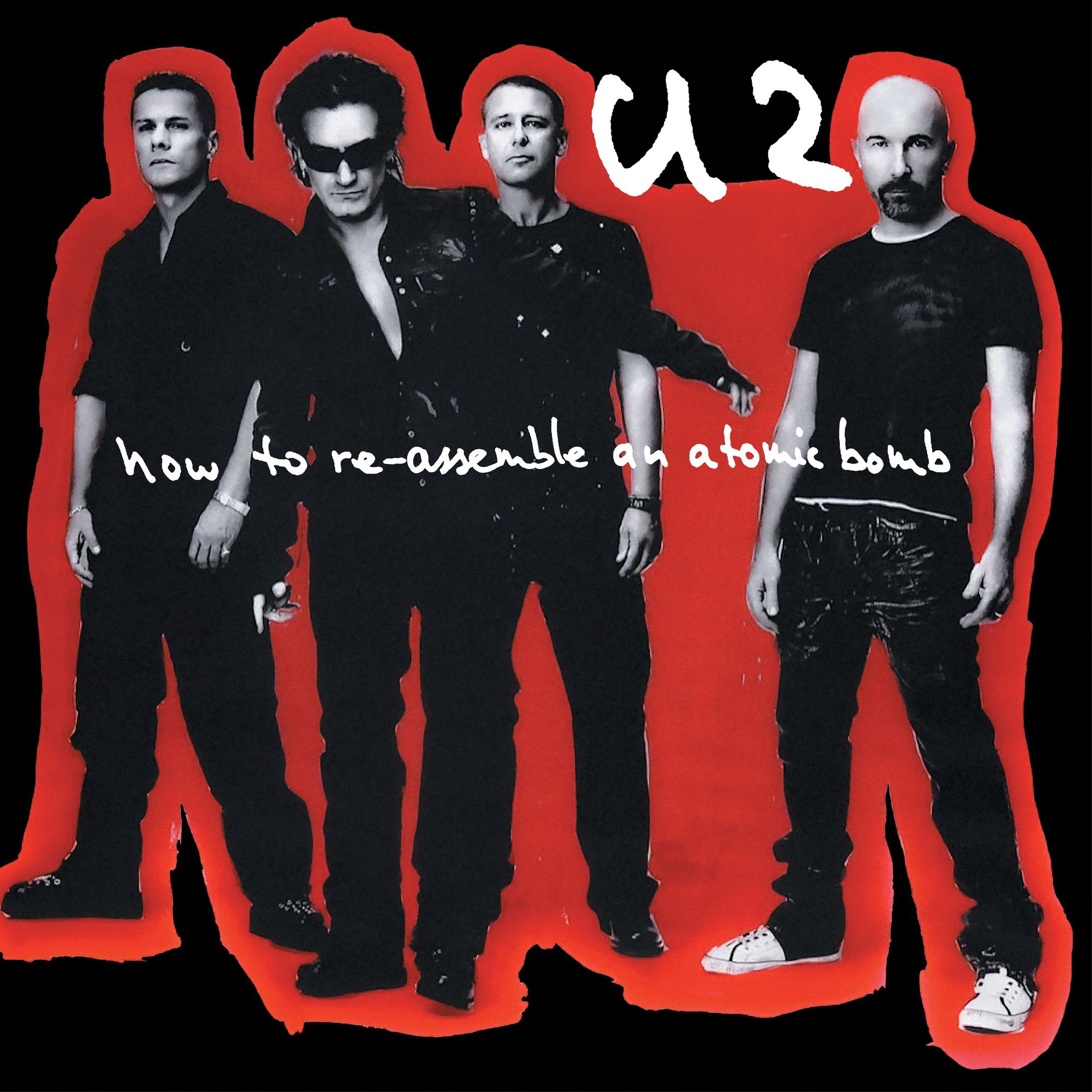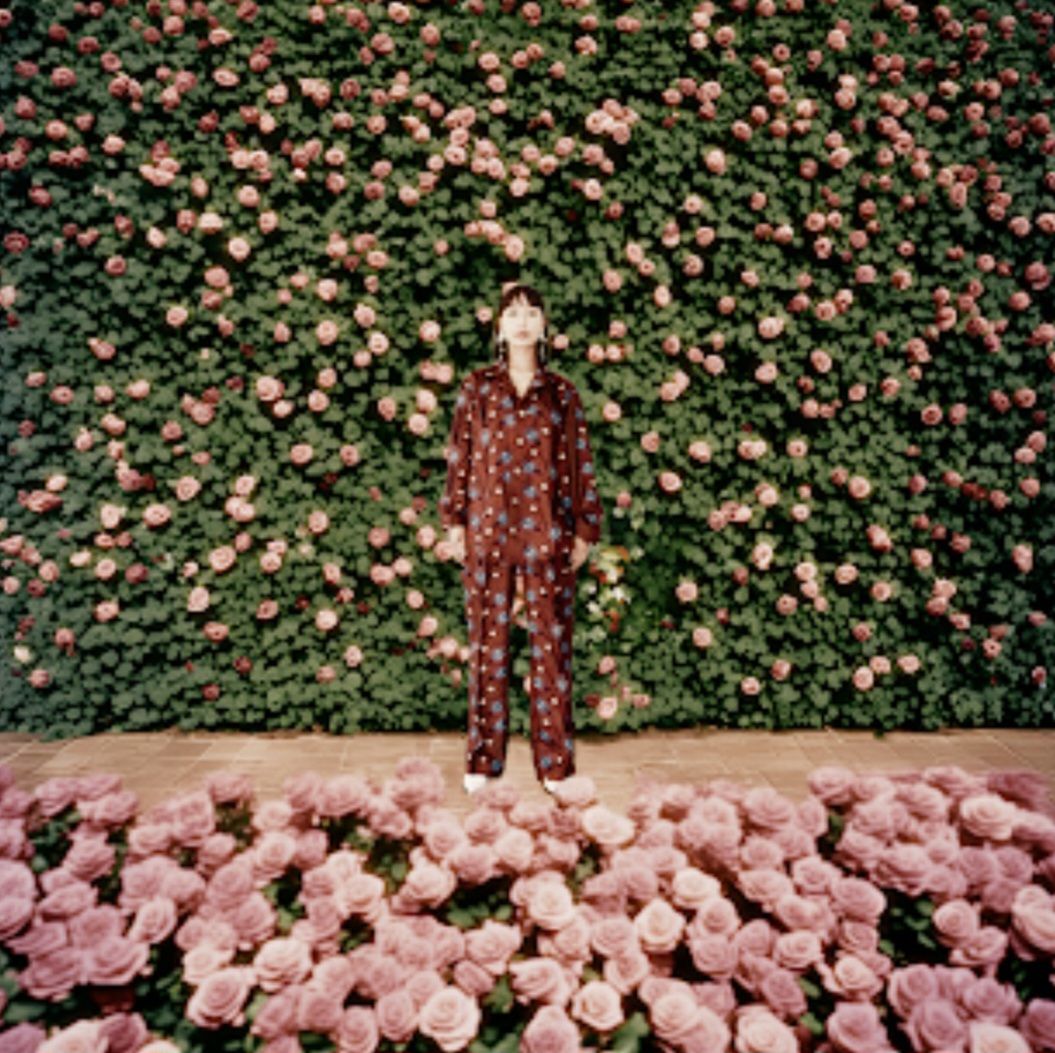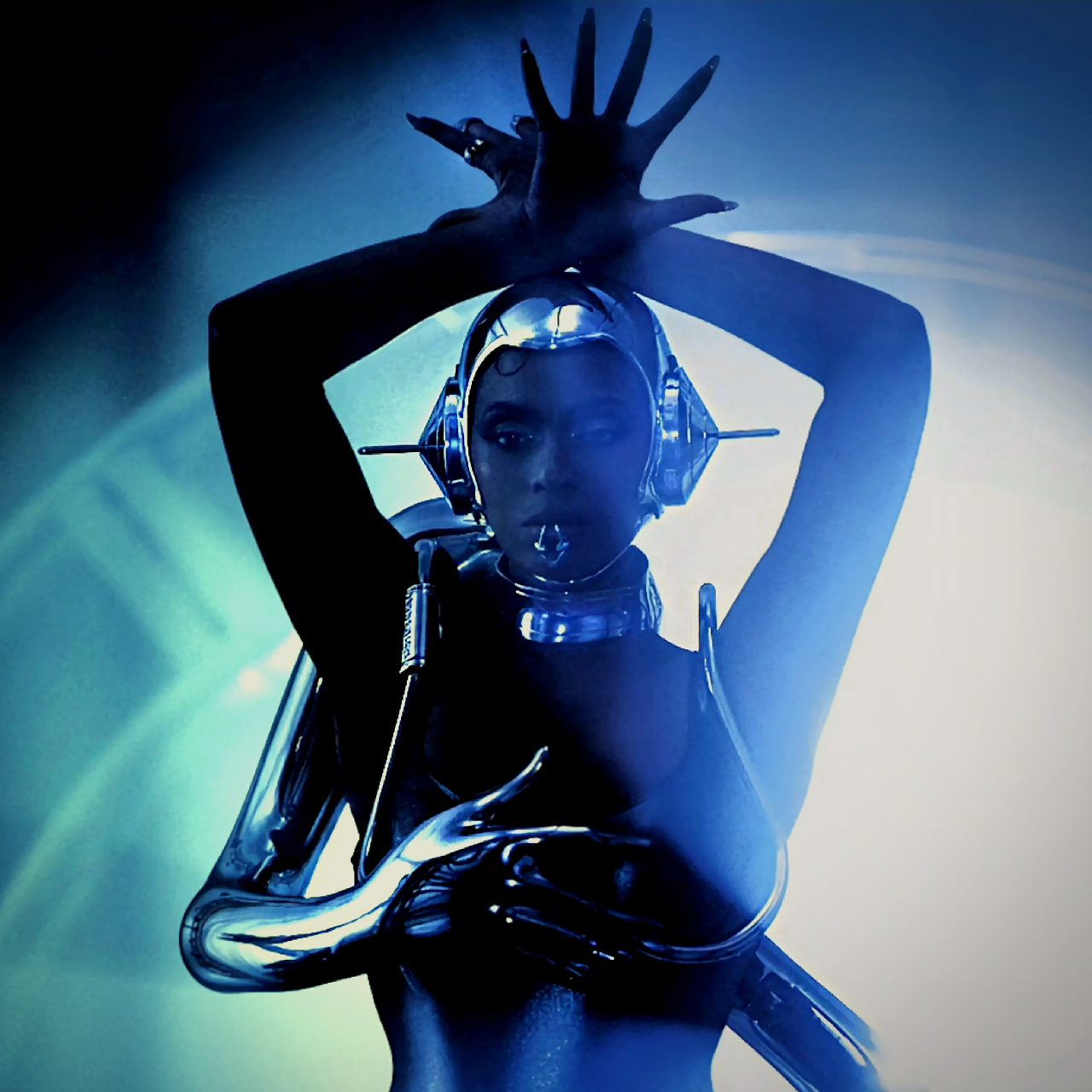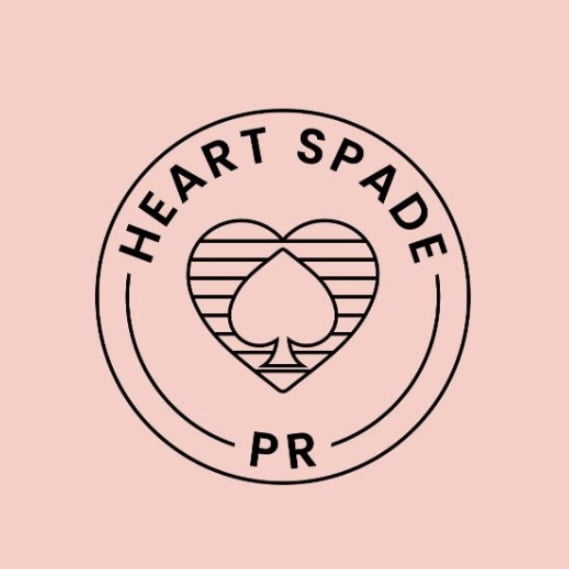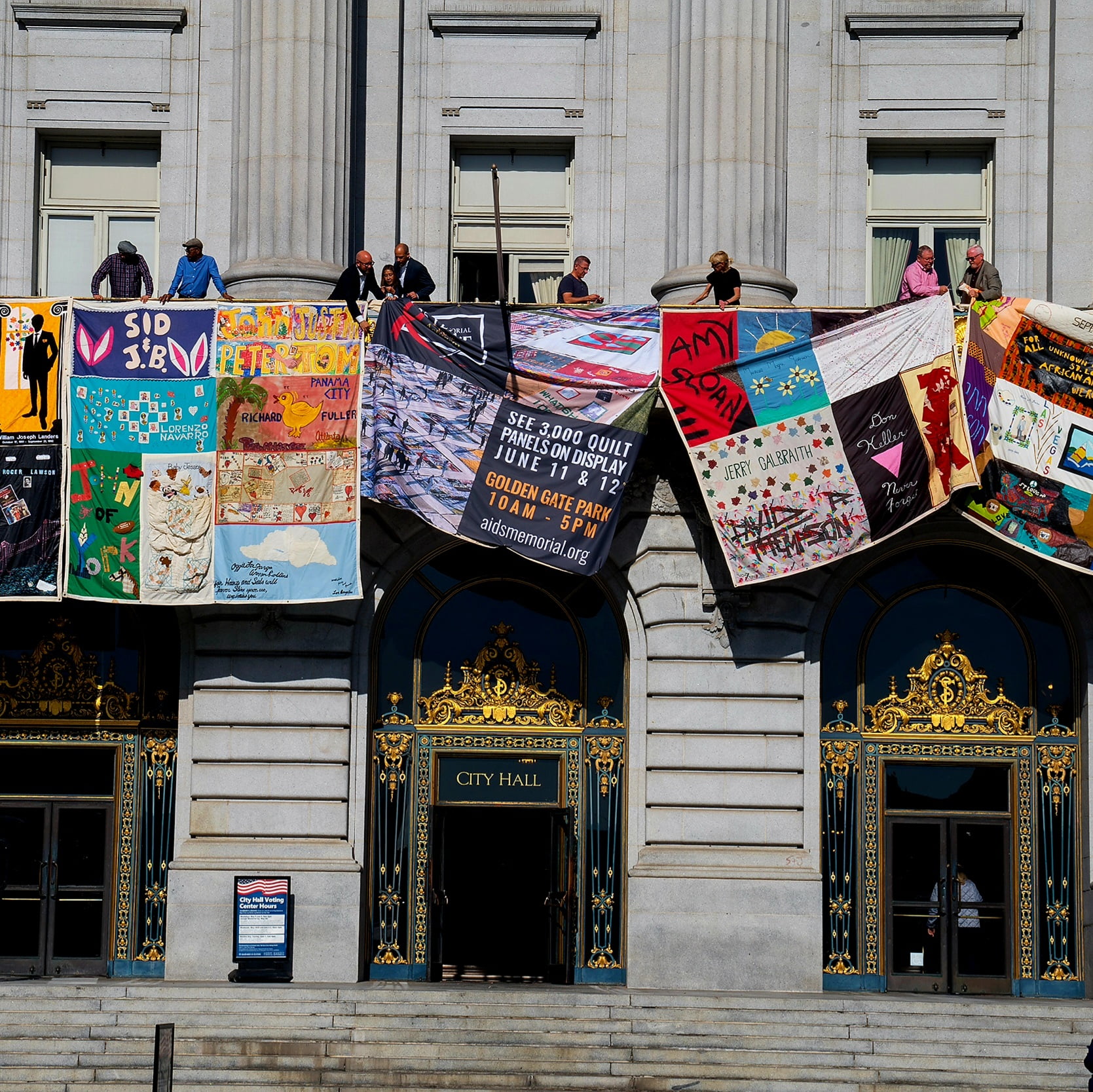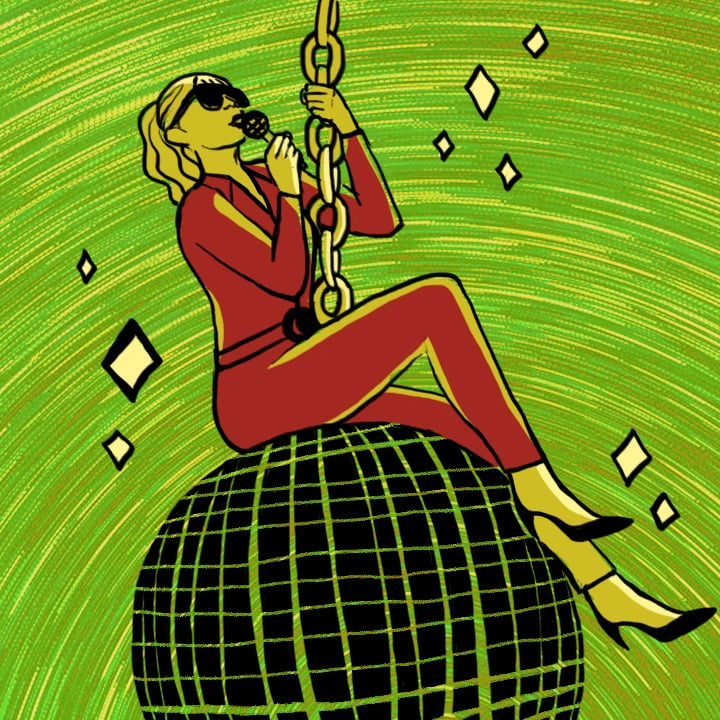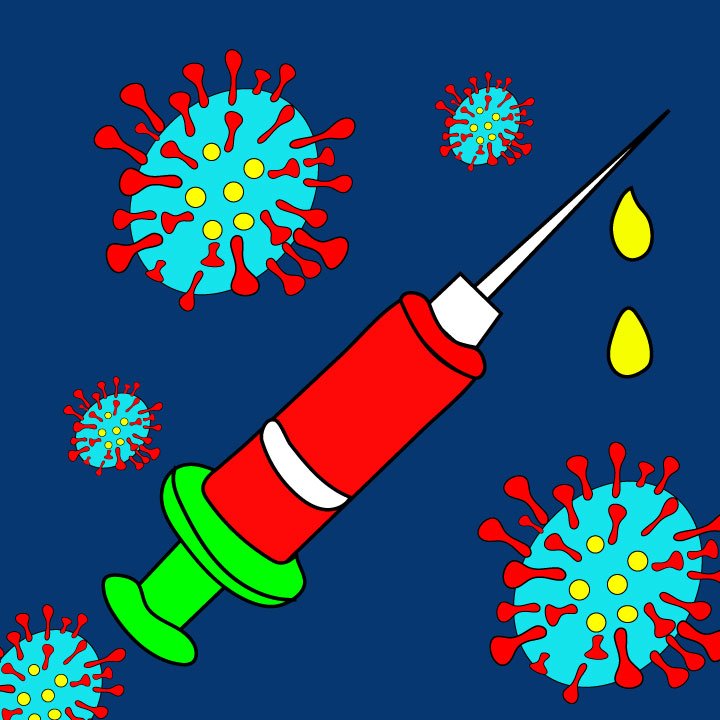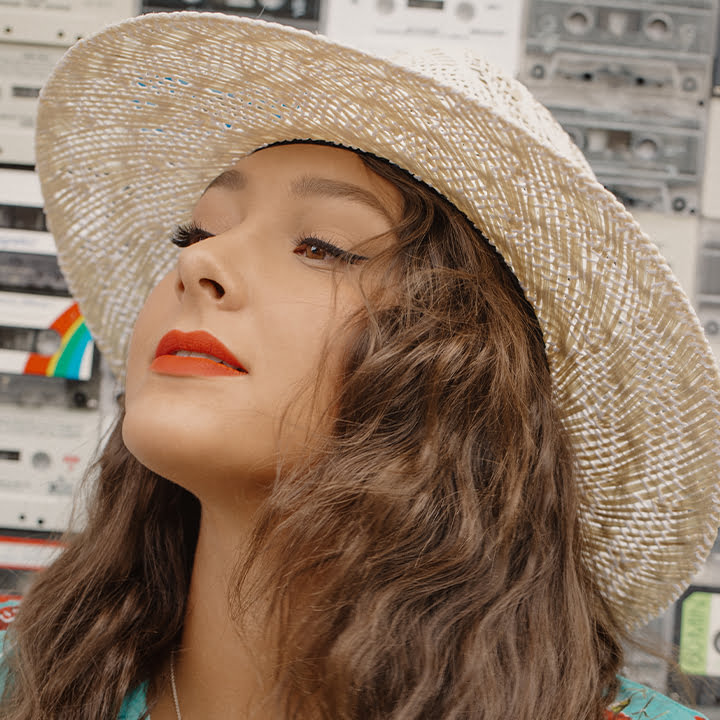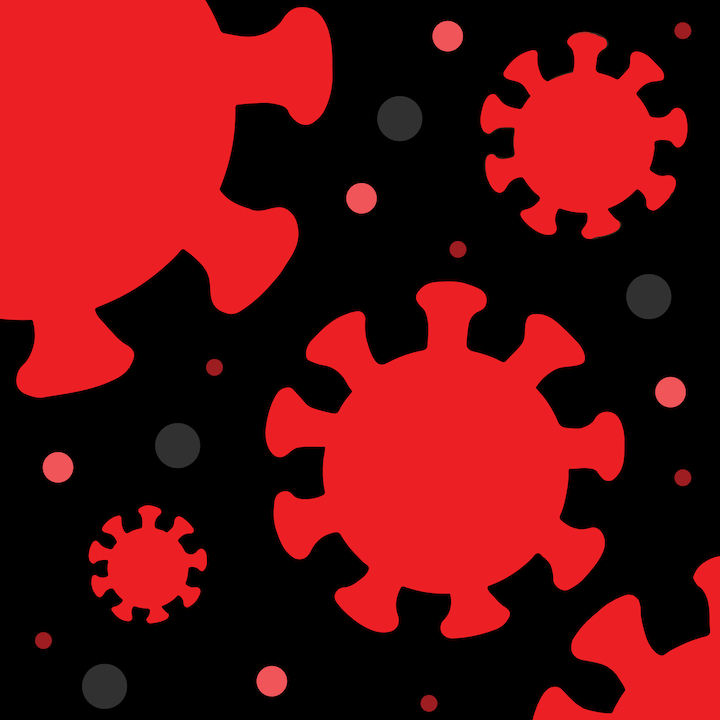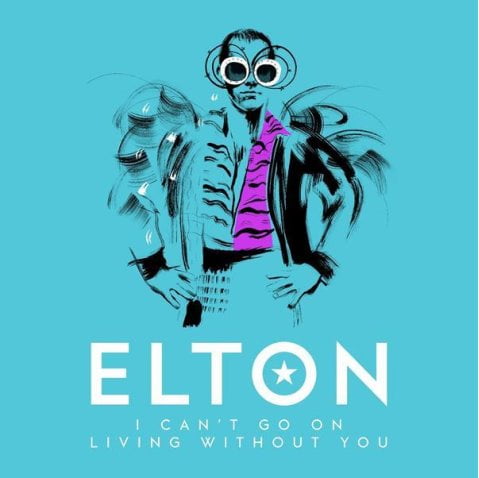To mark the 20th anniversary of U2’s critically-acclaimed eight-time Grammy-winning album How To Dismantle An Atomic Bomb, Interscope Records today announce the release of a shadow album titled How To Re-Assemble An Atomic Bomb, which includes new, unreleased songs discovered in the archive of the original album recording sessions.
